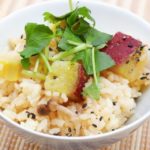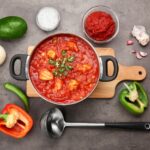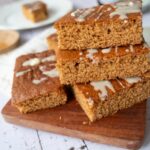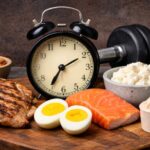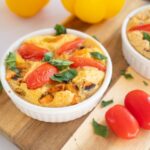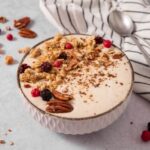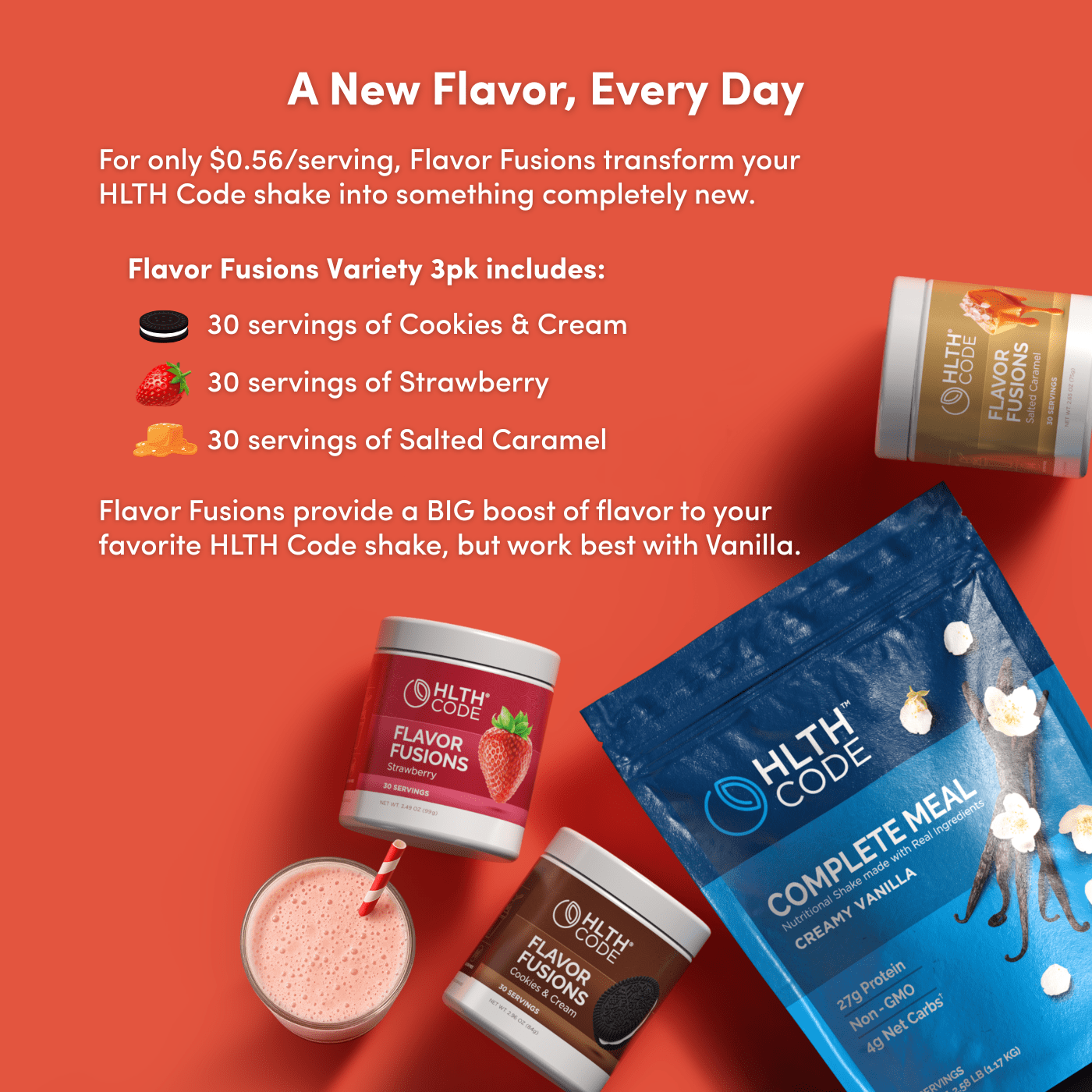Junk Food Addiction? Here’s what to do about it
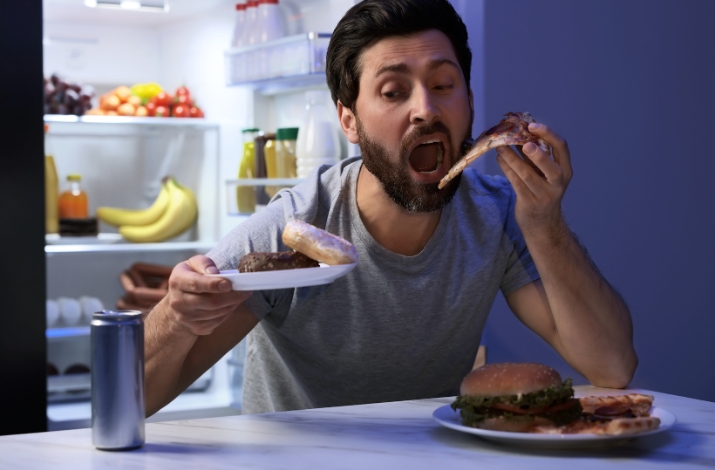
Junk food – delicious, hyper-palatable snacks and meals that offer very little to no nutritional value but pack a massive punch of sugar, salt, and fat – can be as addictive as some drugs. Have you ever found yourself trapped in the vicious cycle of cravings, indulging, and then feeling shameful that you’ve allowed yourself to do this…again? Let’s take a moment to look at the science of junk food addiction, recognize the signs, and then learn the action steps we can take today to regain long-term control of our eating habits.
Willpower
Junk food addiction is rooted in biology. Processed foods are engineered to be irresistible and hard to decline. These scientifically made foods combine the perfect amounts of sugar, fat, and salt to hijack the brain’s reward system. This reward system releases dopamine, which makes us feel good and encourages our brains to want more and more. Consuming these foods over long periods changes our brain’s wiring, making it harder to resist these types of food.
Signs
Not sure if you have a junk food addiction? Here are some of the most common signs:
- Constant junk food cravings
- Overeating even when full
- Shame, guilt, regret
- Eating in secret
- Lying about eating
- Failed attempts to stop
- Using junk food as a reward or as comfort
- Feeling withdrawal when not eating specific foods
- Avoiding social or work functions to eat instead
Combating Junk Food Addiction
While overcoming junk food addiction can be a challenge, there is a lot of hope for food freedom. Here are some strategies to help you combat junk food addiction:
- Identify your triggers: Be mindful of the situations, emotions, or environments that trigger your junk food cravings. It could be stress, changes in routine, lack of sleep, etc. Whatever it is, the faster you realize it, the easier it is to prevent it!
- Focus on Protein: Protein-rich foods help curb junk food cravings by making you feel more satiated than other macronutrients. Compared to lower protein meals, higher protein leads to reduced activation in the regions of the brain associated with food cravings. More evidence shows that higher protein meals prevent unhealthy evening snacking.
- Plan Food: Having a plan better prepares you for any situations in which you may be tempted by hunger to grab some quick ultra-processed food. Keep healthy snacks around that can help resist the temptations – boiled eggs, cheese sticks, meat sticks, etc.
- Clean Up Your Environment: Are you keeping junk food in your home? Consider removing easy access to ultra-processed junk foods. Clean up the work candy drawers and clean out the pantry and refrigerator.
- Address Emotional Eating: If you’re using junk food to cope with strong emotions, consider finding alternative ways to deal with stress or consider getting counseling or therapy to address underlying issues.
- Being Mindful: Mindful eating promotes awareness of what and why you’re eating. By focusing on the taste, texture, and experience of each bite, you’ll become more attuned to your body’s signals of fullness. Turn off the TV or phone, and take the time to truly savor each bite.
- Consistent Exercise Routine: Regular exercise reduces stress and boosts your mood, making it easier to resist junk food cravings. It also naturally increases dopamine, providing a healthy sense of reward and satisfaction.
- Optimize Sleep: Poor sleep can dramatically amplify cravings for junk food and disrupt key hormones like ghrelin, leptin, and insulin. To optimize your sleep, establish a consistent bedtime routine, limit screen time before bed, and consider using blue-light-blocking glasses to minimize disruptions.
Conclusion
Junk food addiction is a serious challenge that can be overcome by understanding the addictive nature of junk food, recognizing the signs, and having some tools to overcome it. The journey to overcoming addiction is gradual, but every step taken in the right direction will bring you closer to a healthier, happier, more balanced life.
Temple Stewart is a Registered Dietitian Nutritionist specializing in low-carb/ketogenic diets. She graduated from the University of Tennessee before starting her career at the Veteran’s Affairs hospital in Bay Pines, Florida. She now operates a telehealth private practice focusing on health and weight loss. You can find her on Instagram @The.Ketogenic.Nutritionist.
References
- Whatnall, M., Clarke, E., Collins, C. E., Pursey, K., & Burrows, T. (2022). Ultra-processed food intakes associated with ‘food addiction’ in young adults. Appetite, 178, 106260. https://doi.org/10.1016/j.appet.2022.106260
- Gearhardt, A. N., & DiFeliceantonio, A. G. (2023). Highly processed foods can be considered addictive substances based on established scientific criteria. Addiction (Abingdon, England), 118(4), 589–598. https://doi.org/10.1111/add.16065
- LaFata, E. M., & Gearhardt, A. N. (2022). Ultra-Processed Food Addiction: An Epidemic?. Psychotherapy and psychosomatics, 91(6), 363–372. https://doi.org/10.1159/000527322
- Bhave, V. M., Oladele, C. R., Ament, Z., Kijpaisalratana, N., Jones, A. C., Couch, C. A., Patki, A., Garcia Guarniz, A. L., Bennett, A., Crowe, M., Irvin, M. R., & Kimberly, W. T. (2024). Associations Between Ultra-Processed Food Consumption and Adverse Brain Health Outcomes. Neurology, 102(11), e209432. https://doi.org/10.1212/WNL.0000000000209432
- https://www.addictionhelp.com/food-addiction/warning-signs/
- Leidy HJ, Lepping RJ, Savage CR, et al. Neural responses to visual food stimuli after a normal vs higher protein breakfast in breakfast-skipping teens: a pilot fMRI study. Obesity (Silver Spring) 2011;19:2019–2025.
This article is for informational and educational purposes only. It is not, nor is it intended to be substitute for professional medical advice, diagnosis, or treatment and should never be relied upon for specific medical advice.






